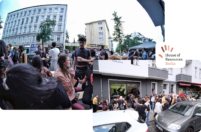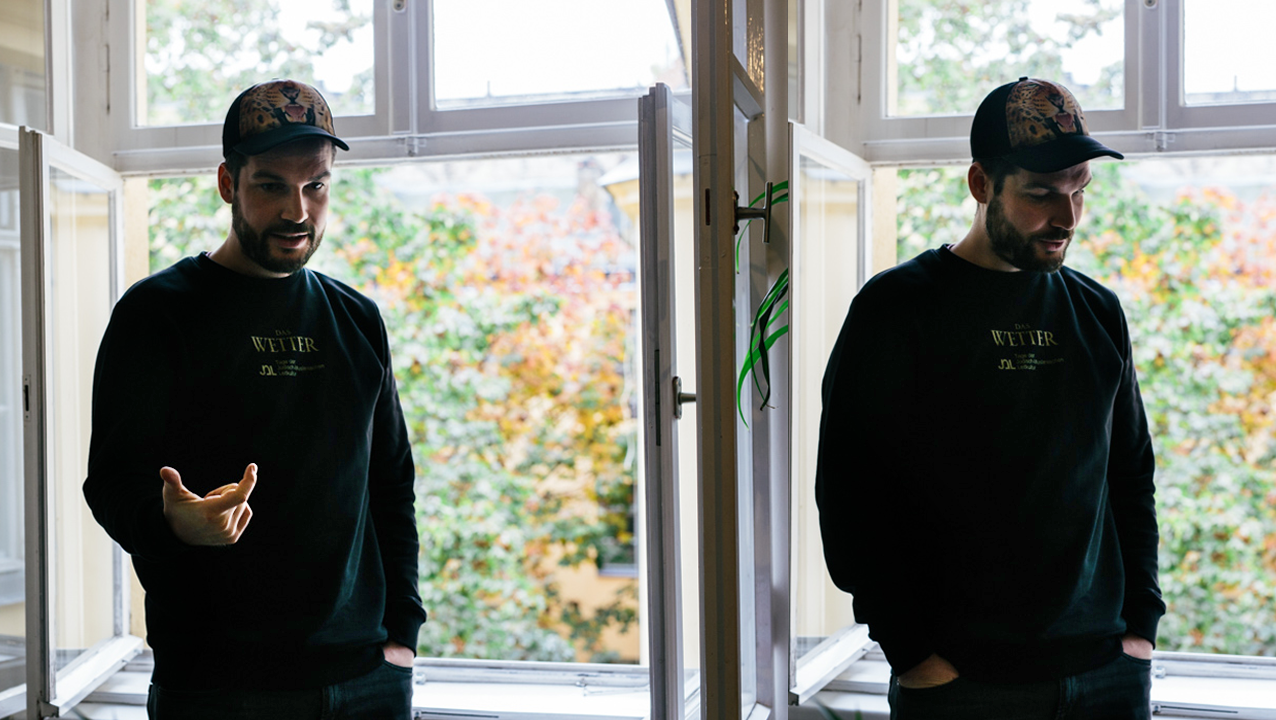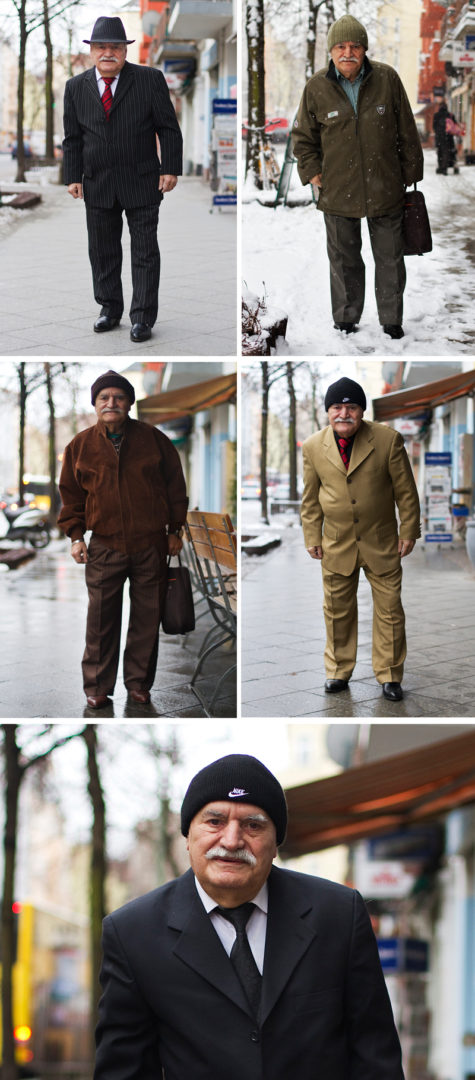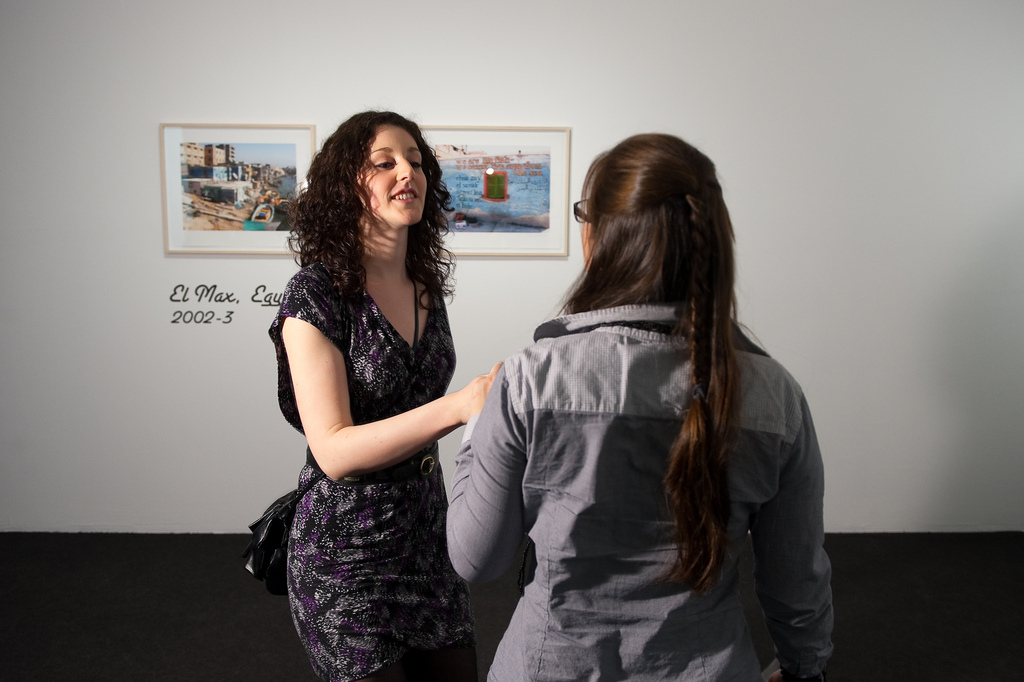Max Czollek is a writer and poet, and co-editor of the journal Yalta – Positions on the Jewish Present. His most recent work, Gegenwartsbewältigung [Overcoming the Present] was published this year by Hanser Verlag. He is also a co-organizer for the Tage der Jüdisch-Muslimischen Leitkultur (TdJML) [Days of Judeo-Muslim Hegemony] at the Maxim Gorki Theater. We took the opportunity of speaking with him about radical diversity, antifascism, and the present day.
Max, your new book is called Overcoming the Present. That sounds urgent. Is this an attempted intervention into a debate, and if so, which one?
I’d say that when I write political essays, it’s about crafting a poetic for a radical present. Not an attempt to develop things that will play a role a hundred years from now, but things that are relevant today, in this moment, and which hopefully will no longer play a role ten years from now. I mean, how cool would it be if in ten years people would ask, “De-integration? What was the deal with integration anyway?” And hopefully people will ask the same thing about Judeo-Muslim hegemony: “What a bizarre concept: a guiding hegemonic culture? Who would say something like that?” Overcoming the Present is about an intervention in the here and now. But of course, there’s something of the concept of ‘overcoming the past’ [Vergangenheitsbewältigung] in the title, too—specifically, the question of how the past maintains its grip on the present and the kinds of problems this creates.
Overcoming the present is about an intervention in the here and now.
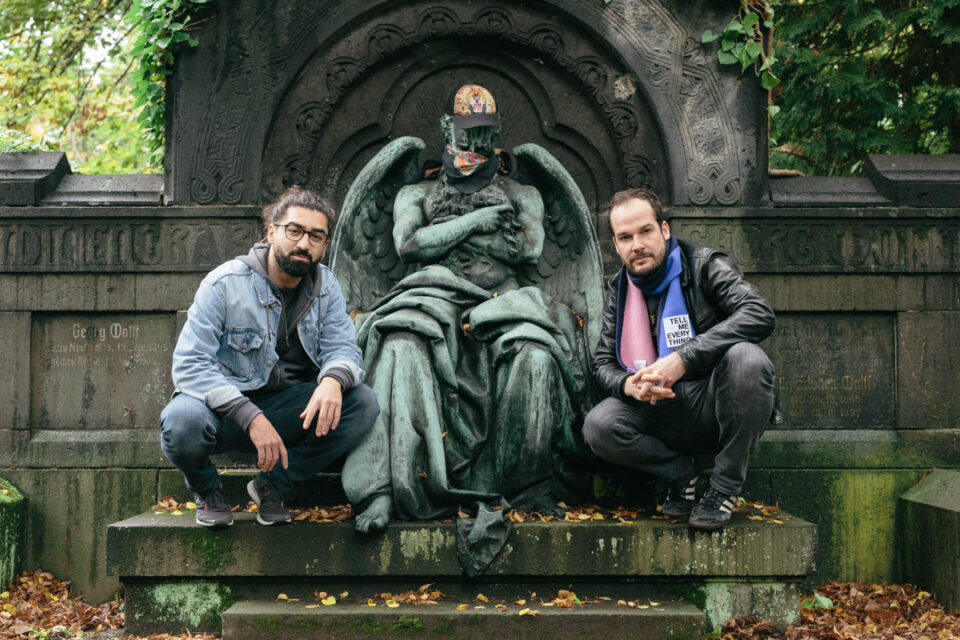
Shortly after the publication of your work, Thilo Sarrazin also published a new book. Does this speak to the simultaneity of progressive and reactionary thinking and movements today?
Of course, it’s no coincidence that someone like Sarrazin is also spreading his neo-racist, neo-völkisch ideas about who belongs in this society and who doesn’t right now. And I think we can learn something from this about the fateful connections between both perspectives. Because antiracism reacts to racism, just as racism reacts to antiracism: integration and de-integration, German hegemony and Judeo-Muslim hegemony, etc. This might be one of the fundamental difficulties when it comes to combatting racism—the way in which we remain trapped within this cycle of stimulus and response. It is essential that we find a way to dismantle these interconnections. Not as an escape from reality, but rather as a means of transcending it.
Sieh dir diesen Beitrag auf Instagram an
Combatting racism also has something to do with the way we conceptualize political extremes. In your new book, you write about the way that the equation of left- and rightwing extremism is definitive for a particular political position. How is this problem manifest, and what might be its cause?
A lot more happened this year than just the coronavirus story, although it continues to overshadow everything else. At the beginning of February, there was the whole Thomas Kemmerich debacle, with the moral bankruptcy of the FDP. In case you don’t remember, Kemmerich was elected to Thuringia’s state parliament with 5.001% of the votes, and wrangled his way to premier with the help of AfD votes. They hid behind the argument that they could not again permit a candidate from the Left Party to be elected. And why not? The argument was that the left was just as bad as the right. That sounds crazy, but it’s really the perspective of a lot of the people in this country who would describe themselves as the bourgeois middleclass. But when this bourgeois middleclass would prefer to allow themselves to be ruled by the völkisch right under the leadership of a proven fascist candidate like Björn Höcke, rather than permitting someone like Bodo Ramelow to become premier, then the idea of a bourgeois middleclass becomes a threat to democracy. Because it finds itself no longer in a position to acknowledge what the greatest threat to a pluralist society is. This threat demonstrated itself just two weeks after Kemmerich’s election through the rightwing terrorist attack in Hanau. When one takes the position in our current society that the left and the right are equally dangerous, one is clearly no longer in the position to understand that the greatest existential threat to our democracy does not come from the left. It comes from a völkisch right which does not merely operate through politics and writing books, but also through murder.
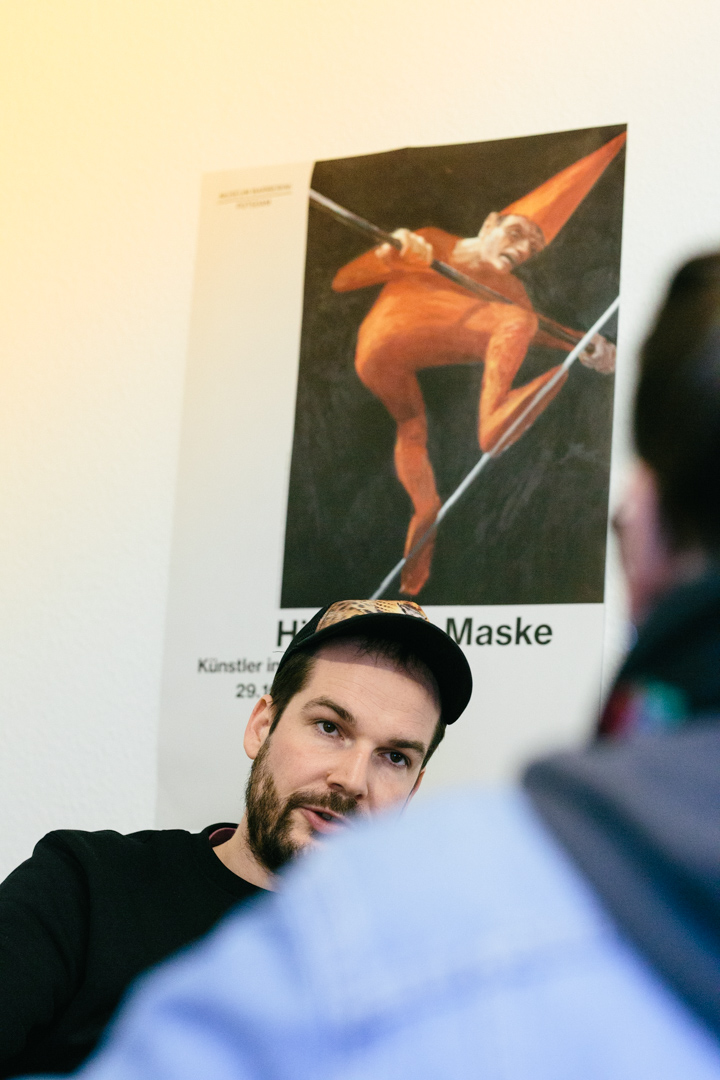
It seems then that it is this bourgeois middleclass itself which is the problem? Why is that, in your opinion, and how can we change things?
A brief historical foray might provide a bit of perspective. The roots of the fantasy of a bourgeois middleclass lie primarily in West Germany in the years after the end of World War II. 1945 provided both Germanies with a similar problem: How does one create a democracy out of a society whose majority supported the Nazis until the bitter end? And in order to answer this question, one needs to develop a theory on fascism which explains why something like fascism or National Socialism could be so successful in Germany in the first place. East and West Germany provided two very different answers to this question, and chose two very different political strategies. While East Germany nurtured a militant understanding of antifascism cultivated from the resistance experiences of its own political leaders, West Germany developed a very different concept to justify German fascism. This might sound strange, but the West German narrative became this: Fascism develops when a society becomes equally polarized to the left and right. What a society needs, instead, is a more or less apolitical bourgeois middleclass which can defend itself equally from all political extremes. Today we’re seeing how this West German narrative—which became the dominant German narrative after the Fall of the Wall—is not in any position to combat neo-völkisch politics. That’s why we need to develop new concepts for a pluralist democracy. I suggest, among other things, the development of a postmigrant antifascism. That means a form of antifascism which recognizes on equal terms that the society we live in is a postmigrant society. That it has become a different society: one of radical diversity. We must conceptualize migration as an integral factor. To think this through seems promising to me because it is a militant realization. Because one proceeds from the basis that a pluralist democracy can only exist in Germany post-1945 when we draw a clear line at fascism.
In concrete terms this means thinking more about alliances and including the radical diversity of our society. You seem to suggest that our society lacks a serious commitment to antifascism. Does antifascism belong in school curricula, or at the least, in our political education?
Absolutely. It remains an utter mystery to me why Germany should exist at all after 1945 if it is not antifascist. That’s what I’ve always understood in the concept of militant democracy. On the other hand, we’re seeing that political ideas today don’t follow suit. And not merely the bourgeois middleclass, but also concepts like guiding culture and integration, which posit the diversity of a pluralist democracy as its central problem. The idea of guiding culture and integration maintain that people must integrate in order for a society to function. To that I’d say that a pluralist democracy cannot understand diversity as a problem: Diversity must be its very basis. This kind of change of ideas would be transformational, a true paradigm shift. And I would suggest that this paradigm shift is already taking place in the arts and civil society. It’s the political concepts which are lagging behind. The point is that this different, radical, diverse society already exists. And the Days of Judeo-Muslim Hegemony, Neue Deutsche Organisationen [New German Organizations], a magazine like renk.—these are the proof.
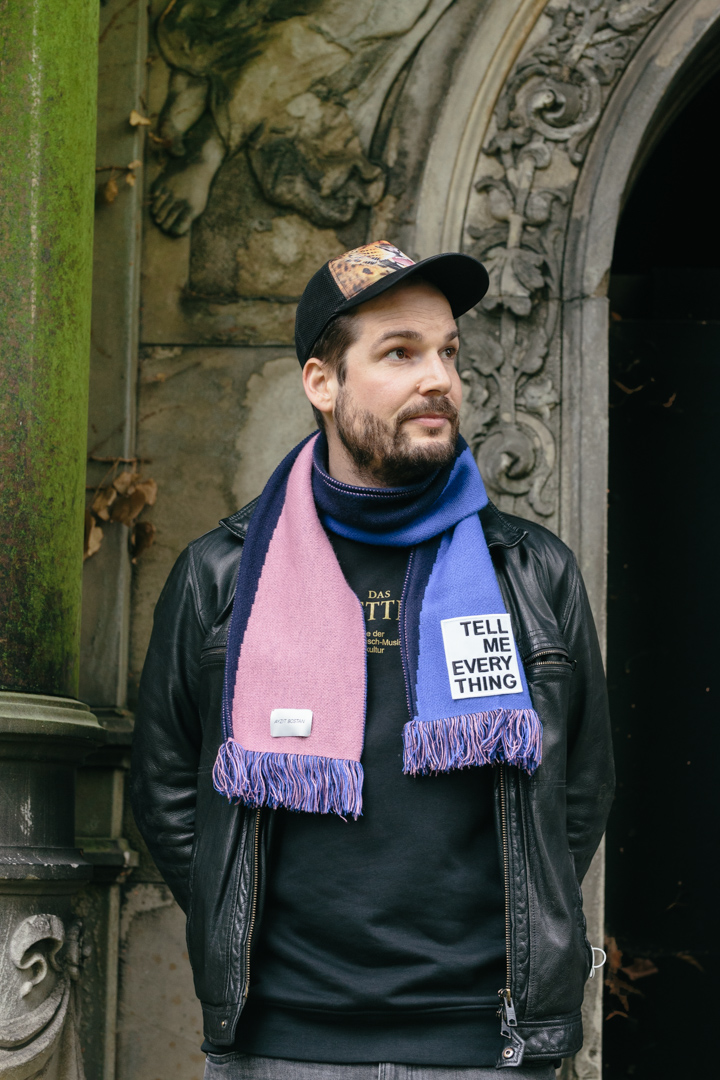
…a pluralist democracy cannot understand diversity as a problem: Diversity must be its very basis.
In addition to the aforementioned rightwing terror, murders, and political developments, this year also represents another noteworthy anniversary: Germany is celebrating thirty years since Reunification. What is your personal assessment of this as an East German-born Jew?
The concept of Reunification means that two parts were put together which should belong together. And this doesn’t simply refer to the territories, but also to the German “Volk.” This kind of ethnocentric thinking also means excluding of a lot of the people in this society for whom 1990 was not a cause for celebration because they did not then belong—do not belong today—to this conceptualization of what it means to be German. Considering the experiences of marginalization and rightwing violence, considering the pluralism of our society, there is a real problem when we talk about something like Reunification as if the violent excesses of the reunified German 1990s, the asylum compromise, the National Socialist Underground, and Hanau didn’t taken place. The narrative of a happy Reunification doesn’t leave room for Afro-German perspectives, for the perspectives of Germans with Turkish heritage, Jewish perspectives, Sinti and Roma perspectives, and many others. And because this has to change, this year, we’ve proclaimed the Days of Judeo-Muslim Hegemony. By this, we hope to make the radical diversity of perspectives visible which comprise and underscore contemporary society. Art and activism work in close cooperation in this regard. Our series has taken place in twelve cities throughout the German-speaking world with more than thirty events and eighty participating artists.
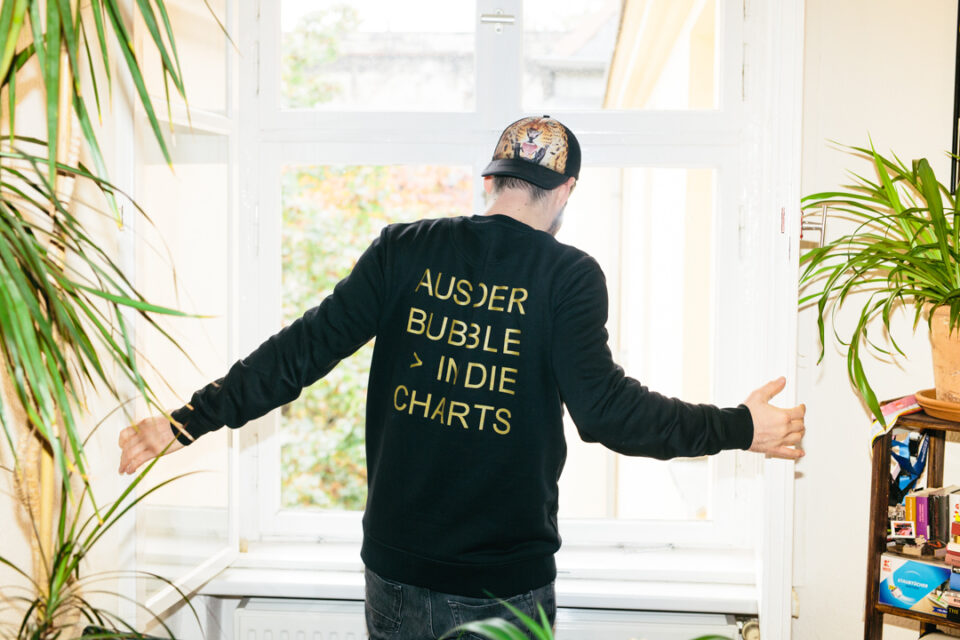
This network, together with a powerful media response, has demonstrated that our critique of the German culture of dominance is not a niche discussion. It’s a discussion of great relevance to a lot of people. Providing a different narrative for the societies we live in belongs to the most important issues we’ll have to contend with in the coming years. And who’s going to do this if not us? That’s why the motto for the Days of Judeo-Muslim Hegemony is “Out of the Bubble, into the Charts!
Eyvallah, Max, thanks for this interview!
Click here for the complete video: The Best Supper – Out of the Bubble, into the Charts
Photography by Michael Kuchinke-Hofer
English translation by Jon Cho-Polizzi
